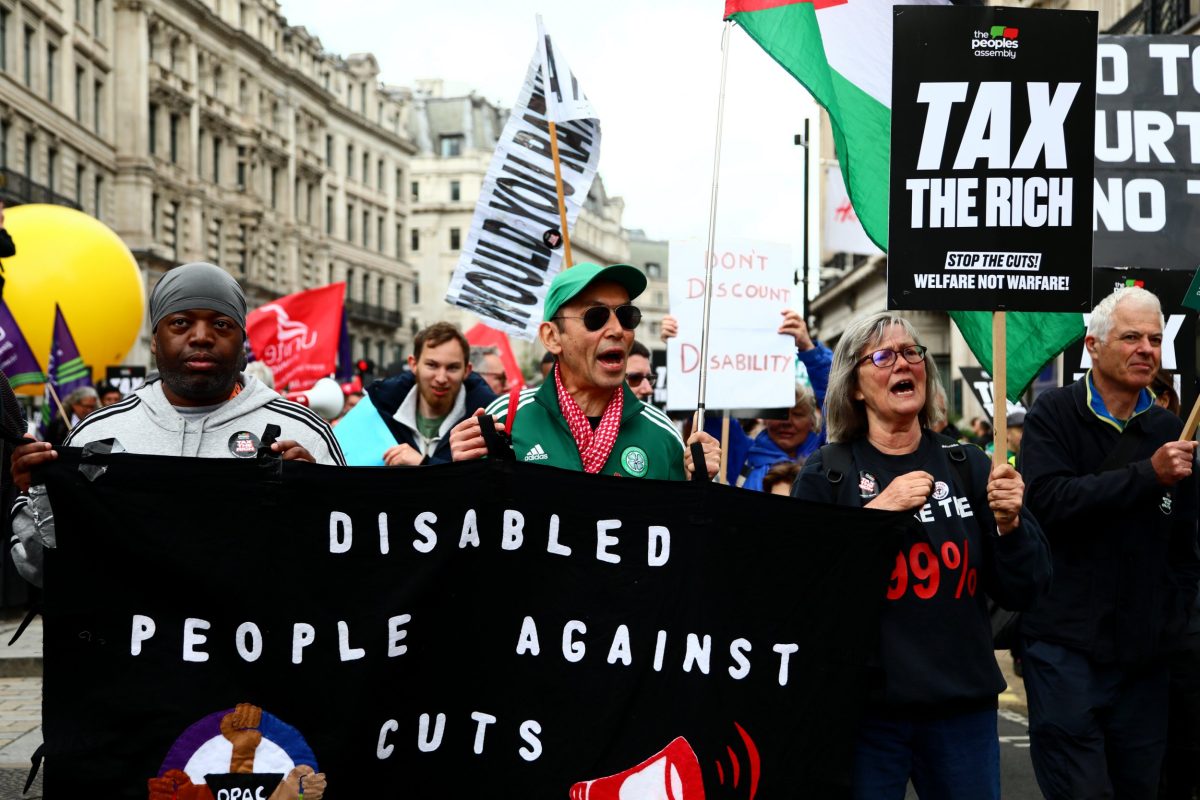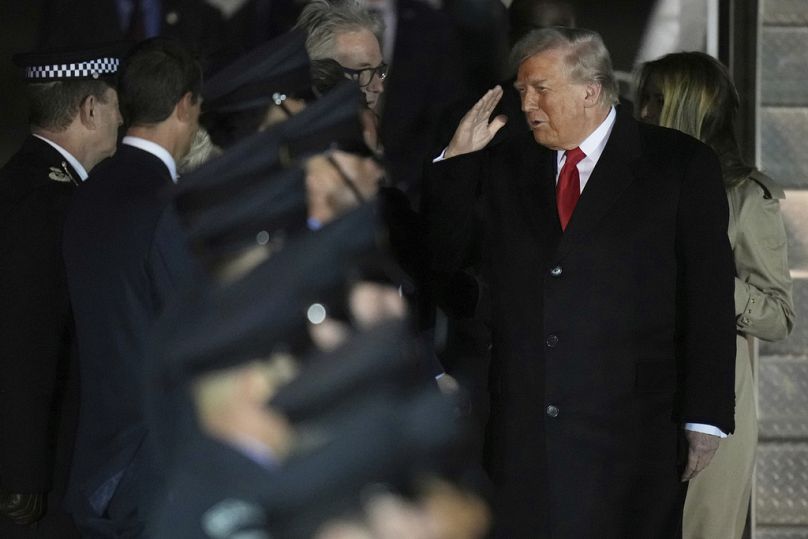
Controversial welfare reforms will now lift 50,000 children out of poverty after a Labour rebellion forced a humiliating Government U-turn – but the package will no longer save any money, official figures show.
Updated impact assessments showed the plans - initially designed to save £5bn to help Rachel Reeves balance the books, but predicted to put 250,000 people including 50,000 children into relative poverty - will now save nothing, but actually lift 50,000 children and 50,000 adults out of relative poverty.
It comes after ministers were forced by Labour rebels into an embarrassing retreat - first revealed by The i Paper – to drop plans to make it harder to claim personal independence payment (PIP).
The Government also U-turned by exempting existing claimants from a freeze in the higher rate of health-related universal credit.
It means the flagship welfare legislation is now hollowed out and contains mainly plans to increase the standard rate of universal credit, encourage more people back to work, and extend protections for severely sick or disabled claimants.
Tax increases 'will need to rise'
Reeves, the Chancellor, has since signaled that tax increases will be needed to cover the black hole left in public finances after the U-turns on welfare and the winter fuel payment.
There have also been warnings that early plans to lift the two-child cap on benefits may have to be abandoned.
It has led to calls on Reeves to consider a wealth tax, which she has previously ruled out.
The universal credit bill will return to the Commons for its final stages on Wednesday, with some Labour MPs threatening to rebel again.
But The i Paper Understands that Labour whips expect numbers to be limited and unlikely to come close to threatening the Government's majority or forcing concessions.
Ministers, meanwhile, will try to shift the focus to the Conservatives and Liberal Democrats, arguing that if they vote down the legislation, they are opposing lifting 50,000 children out of poverty.
One of the Labour rebels who forced the climbdown on PIP, Simon Opher, signaled he was now likely to support the legislation, while continuing calls for a wealth tax to help balance the books instead of cutting benefits.
While saying he would support amendments to try to change the law further, if these fail, Opher suggested he was unlikely to vote against the Bill as a whole.
We have all come a long way on this," said the Stroud MP. "While the vote last week was difficult, I believe that those of us who took the stand we did have helped move our Government to a better place.
I will be looking very carefully at the revised bill, and the amendments, before deciding how to vote. There is a lot to consider and I do not want to jeopardize the potential, and hard-won, benefits of the bill by adopting an approach which is too inflexible at this stage.
As it stands, about 7,000 people receiving universal credit in the Stroud district will benefit by £725 a year each, around £5m.
Wealth tax 'best way through'
Many of us believe that the best way through this is a wealth tax. However, I fear that it is impossible to achieve in the time frame, and we may have to continue to argue for the principles we believe in, while accepting pragmatic support for those who need it most.
Downing Street highlighted previous comments from Reeves in which she ruled out a wealth tax, a position which has shown no sign of changing.
In the Commons, shadow Chancellor Mel Stride highlighted the dilemma facing Reeves on how to "cover the £6bn of unfunded commitments which their U-turns have accumulated in the last month alone".
Read Next: I was a benefits assessor – I had to deduct points if people had 'full use of their arms'
Earlier on Sky News, Stride warned the Chancellor against a wealth tax as "the worst thing to do," as it would pile "further taxes on the wealth creators."
Calls for a wealth tax were revived by former Labour leader Lord Kinnock, who said the party's first year in power saw accomplishments "obscured" by disputes over welfare and winter fuel.
Lord Kinnock - who led the party from 1983 to 1992 - told Sky News that a "cloud hangs over the accomplishments of the Government," as Sir Keir Starmer marked a year in office this weekend.
He said that the party has "a series of really commendable and absolutely essential policies" and also suggested a wealth tax as a change that could "commend" them to the general public.
This story has been updated.







0 komentar:
Posting Komentar